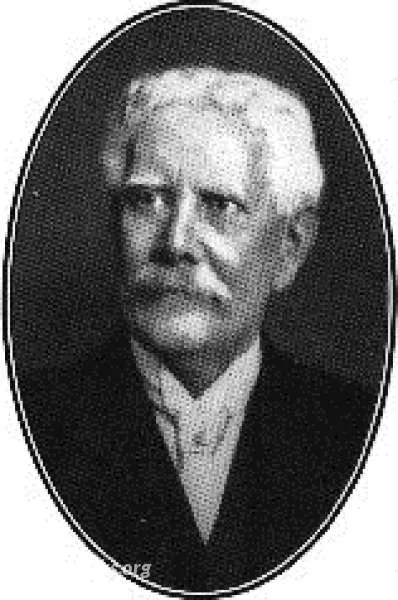
Timeline
Title
Country/Nationality
Charles William Chadwick Oman
Sir Charles William Chadwick Oman, was a British military historian. His reconstructions of medieval battles from the fragmentary and distorted accounts left by chroniclers were pioneering. Occasionally his interpretations have been challenged, especially his widely copied thesis that British troops defeated their Napoleonic opponents by firepower alone. Paddy Griffith, among modern historians, claims that the British infantry's discipline and willingness to attack were equally important.
Oman was born in Muzaffarpur district, India, the son of a British planter, and was educated at Winchester College and at the University of Oxford, where he studied under William Stubbs. Here, he was invited to become a founding member of the Stubbs Society, which was under the patronage of Oman's don.
In 1881 he was elected to a Prize Fellowship at All Souls College, where he remained for the rest of his academic career. He was elected the Chichele Professor of Modern History at Oxford in 1905, in succession to Montagu Burrows. He was also elected to the FBA that year, and served as President of the Royal Historical Society (1917–1921), the Numismatic Society and the Royal Archaeological Institute.
Among his teaching activities at Oxford, he taught the special subject in military history with C.T. Atkinson of Exeter College that focused on the Peninsular War.
Oman's academic career was interrupted by the First World War, during which he was employed by the government's Press Bureau and the Foreign Office.
Oman was the Conservative Member of Parliament for the University of Oxford constituency from 1919 to 1935, and was knighted KBE in the 1920 civilian war honours list.
He became an honorary fellow of New College in 1936, and received the honorary degrees of DCL (Oxford, 1926) and LL.D (Edinburgh, 1911 and Cambridge, 1927). He was awarded the Medal of the Royal Numismatic Society in 1928. He died at Oxford aged 86.
Books by Charles William Chadwick Oman
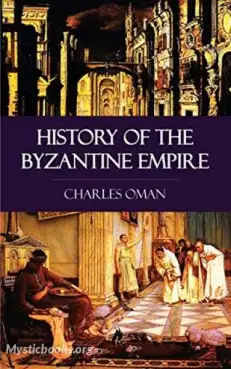
The Byzantine Empire
Fifty years ago the word “Byzantine” was used as a synonym for all that was corrupt and decadent, and the tale of the East-Roman Empire was dismissed by modern historians as depressing and monotonous. The great Gibbon had branded the successors of Ju...
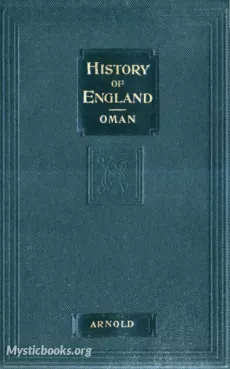
A History of England
It is a captivating and informative book that takes young readers on a remarkable journey through the rich tapestry of England's past. Written by Oman, a renowned historian, this engaging work provides a comprehensive overview of the country's histor...
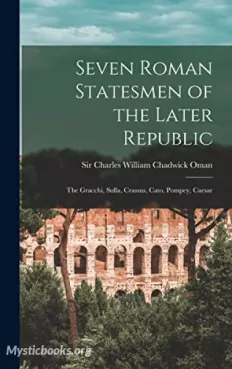
Seven Statesmen of the Later Republic
In "Seven Statesmen of the Later Republic" by Charles William Chadwick Oman, journey back in time to an era of political intrigue and grandeur, where the fate of a mighty empire hung in the balance. With masterful storytelling, Oman takes you on an e...

Warwick the Kingmaker
This biography delves into the life of Richard Neville, the 16th Earl of Warwick, known as the 'Kingmaker,' a prominent figure in the Wars of the Roses. Charles Oman, a respected military historian, explores Warwick's pivotal role in the conflict, h...

England and the Hundred Years' War
Charles Oman's 'England and the Hundred Years' War' provides a detailed account of a tumultuous period in English history. The book covers the reign of Edward III, who launched the Hundred Years' War against France, and extends through the Wars of th...
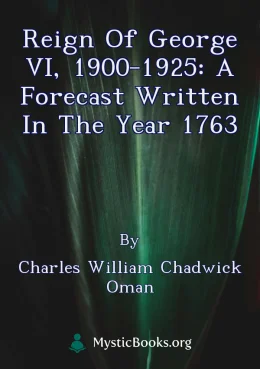
Reign of George VI, 1900-1925: A Forecast Written in the Year 1763
This book presents a fascinating alternate history of Europe, envisioning a world where major revolutions never occurred. Written in 1763, it projects the social, political, and economic trends of the 18th century into the 20th century, creating a wo...